Lori Eslick knew she had a congenital bicuspid aortic valve, but it never troubled her. Then an ultrasound revealed a potentially life-threatening issue.
5:41 PM
Author |
Lori knew she had a congenital bicuspid aortic valve, but it never troubled her. When an ultrasound revealed an aneurysm, she looked to University of Michigan.

Health Lab
Explore a variety of health care news & stories by visiting the Health Lab home page for more articles.

Department of Communication at Michigan Medicine
Want top health & research news weekly? Sign up for Health Lab’s newsletters today!
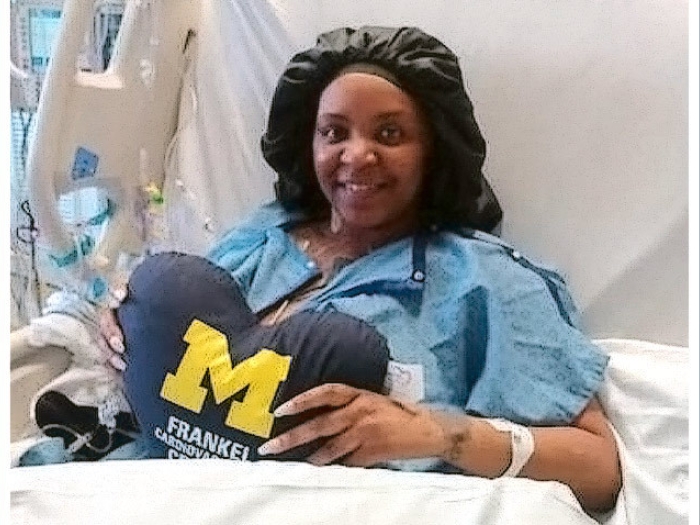
Health Lab
After two birthdays in the hospital, she celebrated with a brand-new heart.
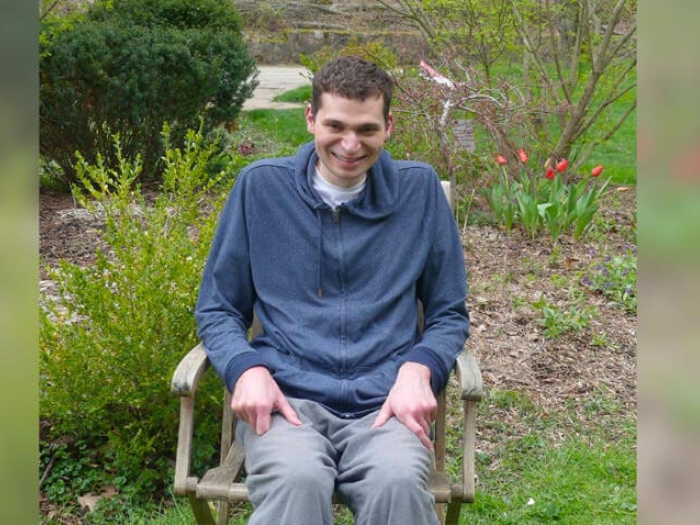
Health Lab
Vincent Pisoni has learned that life isn’t always easy, but a positive outlook has kept significant challenges from standing in his way.
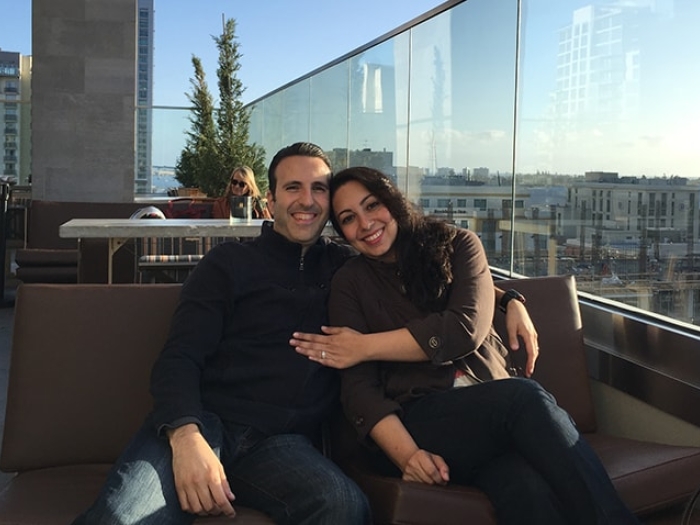
Health Lab
Patrick, a 29 year old received a congestive heart failure diagnosis in 2004. Hear about his congestive heart failure treatment journey & heart transplant story.
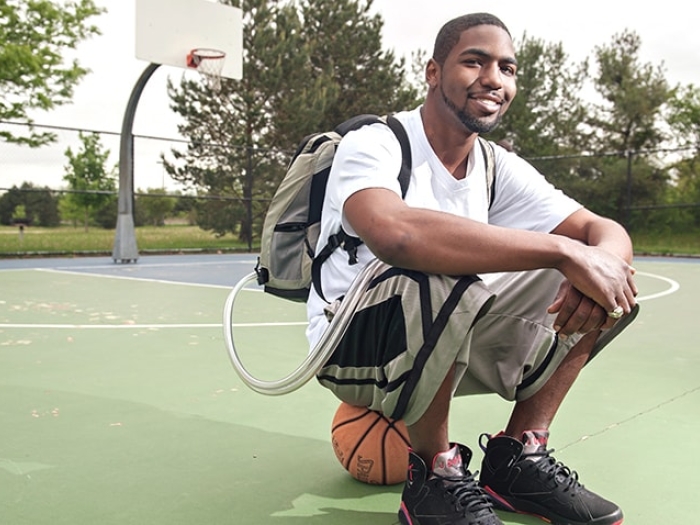
Health Lab
A device called the Total Artificial Heart helps some of the sickest heart-failure patients regain function — outside of the hospital — while awaiting a transplant.
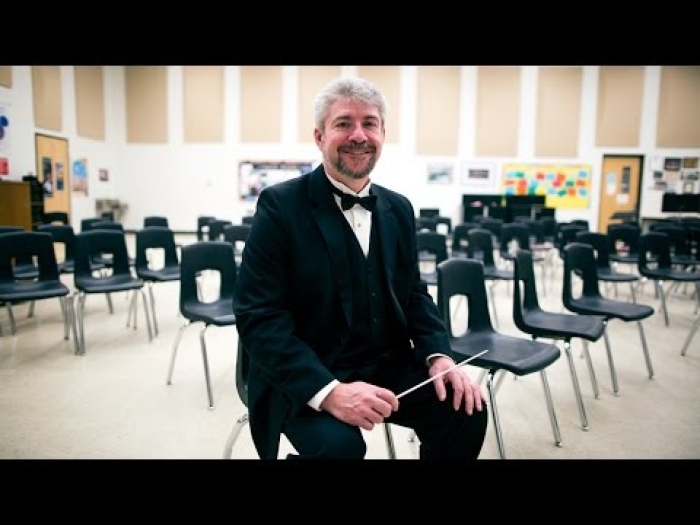
Health Lab
A clot in Scot Cannel’s left ventricle led to a heart transplant. Watch Scot's heart transplant story in UMHS patient video and see how he's doing now.

Health Lab
Women over the age of 65 who require complex heart surgery are more likely than men to receive care at low quality hospitals — where they also die in greater numbers following the procedure, a Michigan Medicine study finds.